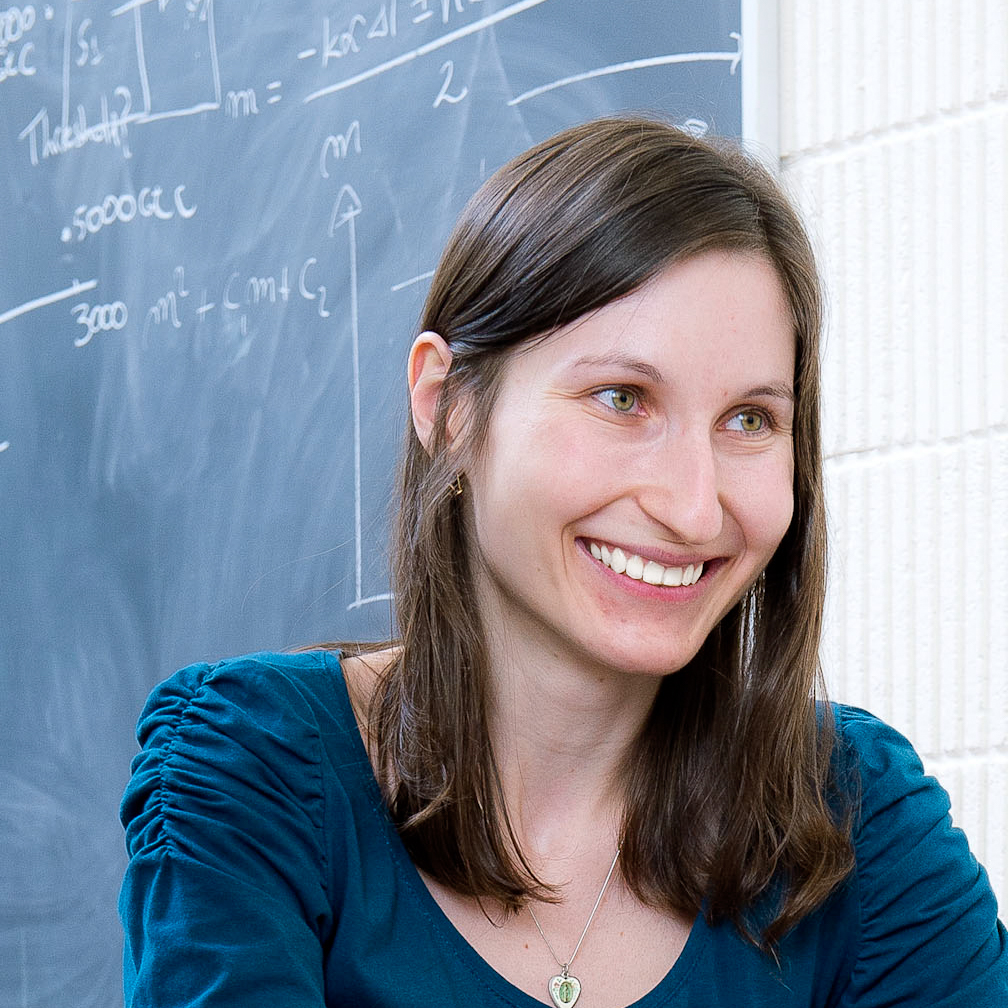Short biography:
Kasia Tokarska is a postdoctoral researcher at ETH Zurich in Reto Knutti's group. Her research focuses on exploring climate-carbon interactions and how they change under anthropogenic influence.
Kasia completed her PhD at the University of Victoria, Canada, working with Nathan Gillett and Andrew Weaver on different aspects of the carbon budgets framework: including observational constraints and the role of non-CO2 forcing. She also holds an MSc from Simon Fraser University, Canada, where she worked with Kirsten Zickfeld on the role of negative emissions (artificial carbon dioxide removal from the atmosphere) in the reversibility of the Earth System using the UVic ECSM climate model of intermediate complexity.

Abstract:
Global mean warming is proportional to the total amount of CO2 emitted. This emergent property of the climate system, known as the transient climate response to cumulative CO2 emissions (TCRE) provides the basis for the concept of the carbon budgets for meeting different temperature target levels, such as the 1.5C target. Most of the CO2 emission pathways that reach the 1.5C and 2.0C temperature stabilisation level in the long term are based on the assumption that emitting CO2 and removing it later by the implementation of artificial carbon dioxide removal from the atmosphere (CDR) leads to the same state of the climate system. However, a question remains whether the state of carbon cycle differs among scenarios in which a given temperature level is achieved without overshoot, or scenarios where that temperature level is temporarily exceeded and then resorted by CDR. Furthermore, internal variability also affects temperature, as well as terrestrial and marine carbon uptake, and thus, the cumulative carbon emissions.
In this talk, I will discuss Earth System responses to overshoot scenarios and their implications on the carbon budgets framework. I will also present the use of large ensembles of Earth System Models to characterise the potential biases in carbon budgets framework due to internal variability.
Arranged date for the seminar talk: Sep 30, 2019 at 14:15 BCCR lecture room 4020, Jahnebakken 5.
